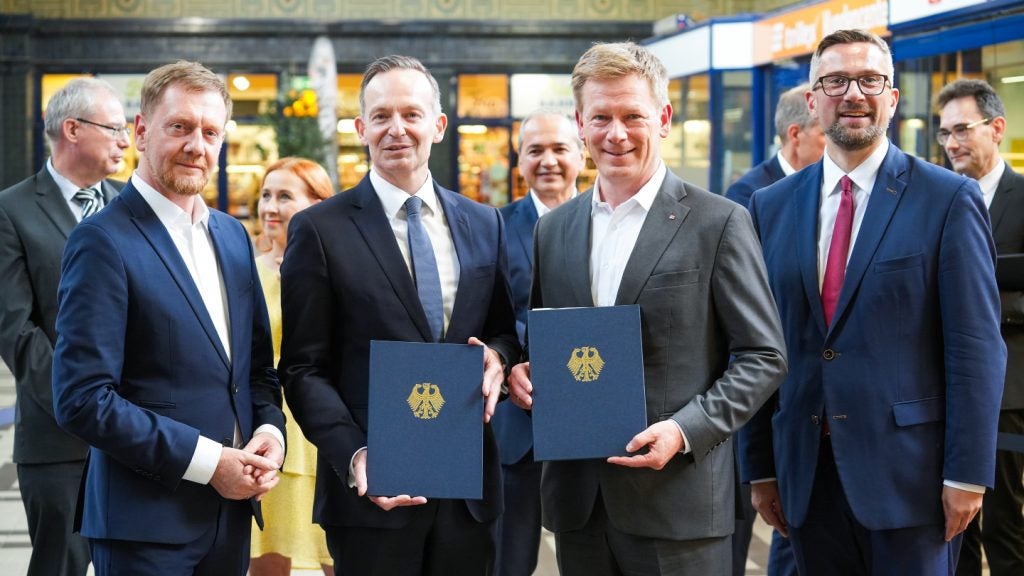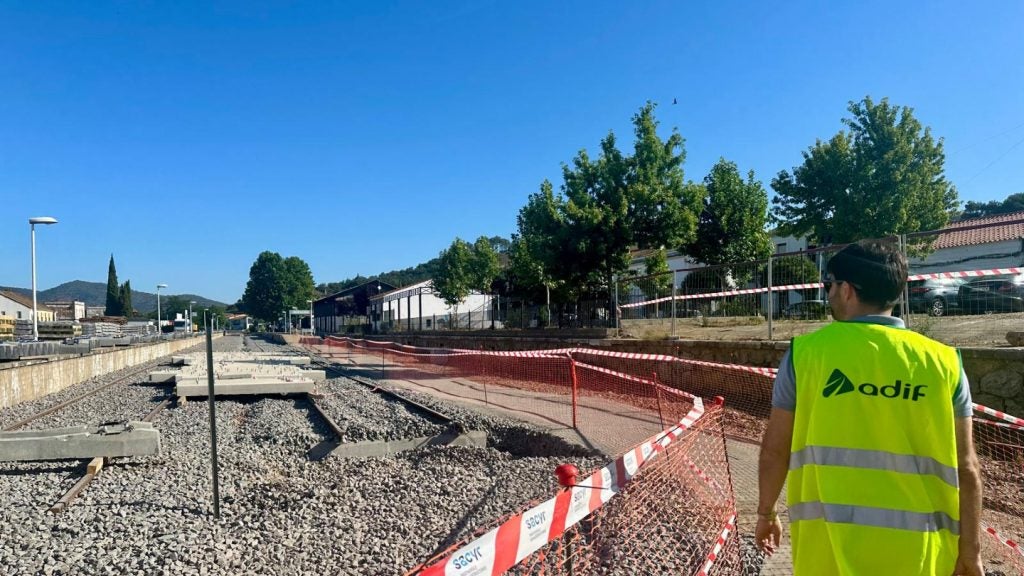
Qbuzz, a former subsidiary of Dutch national rail provider NS now owned by FS Group, has signed a contract with Construcciones y Auxiliar de Ferrocarriles (CAF) to provide 10 trains for its network in South Holland.
The new units will run on the “MerwedeLinge line” between Dordrecht and Geldermalsen, near Rotterdam. They will be integrated into the European Rail Traffic Management System (ERTMS) which is planned to be added to the line in 2027.
The CAF Civity trains consist of three cars and carry 350 passengers at 160km/h. They are scheduled for delivery in 2028. The contract also covers spare parts.
Qbuzz has operated the line since 2018 and is intending to replace ageing rolling stock.
CAF said the contract was an extension of its ongoing work in the Netherlands, with more than 450 trains delivered to Dutch operators since 2014.
The Spanish OEM said it was currently undertaking work with NS (Nederlandse Spoorwegen) “on a number of automatic driving projects”.
How well do you really know your competitors?
Access the most comprehensive Company Profiles on the market, powered by GlobalData. Save hours of research. Gain competitive edge.

Thank you!
Your download email will arrive shortly
Not ready to buy yet? Download a free sample
We are confident about the unique quality of our Company Profiles. However, we want you to make the most beneficial decision for your business, so we offer a free sample that you can download by submitting the below form
By GlobalData“This project examines the advantages that ATO automatic driving can provide the Dutch operator in terms of improved punctuality and reduced energy consumption during operation in traffic, as well as improvements in operation management on the section between the last station on the line and the train depot, by means of remote driving without a driver having to take action,” CAF explained.







